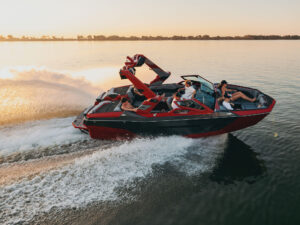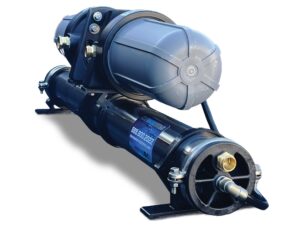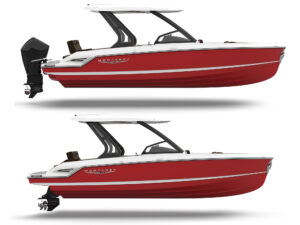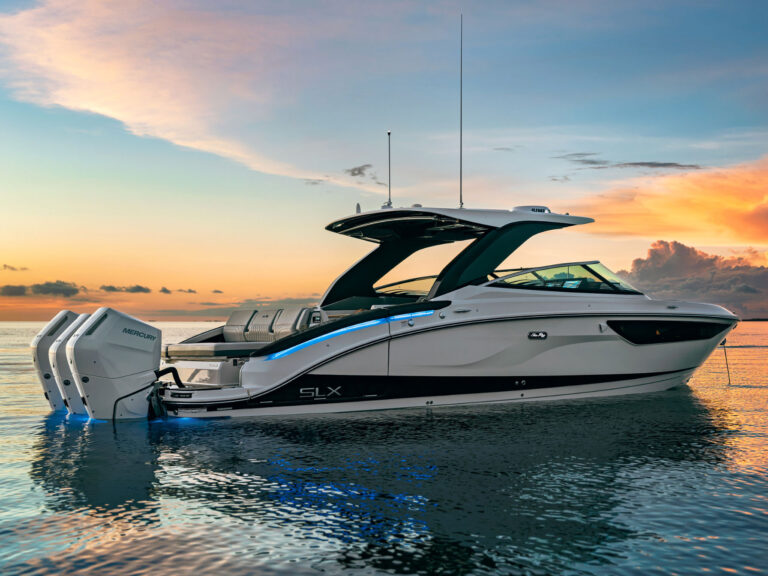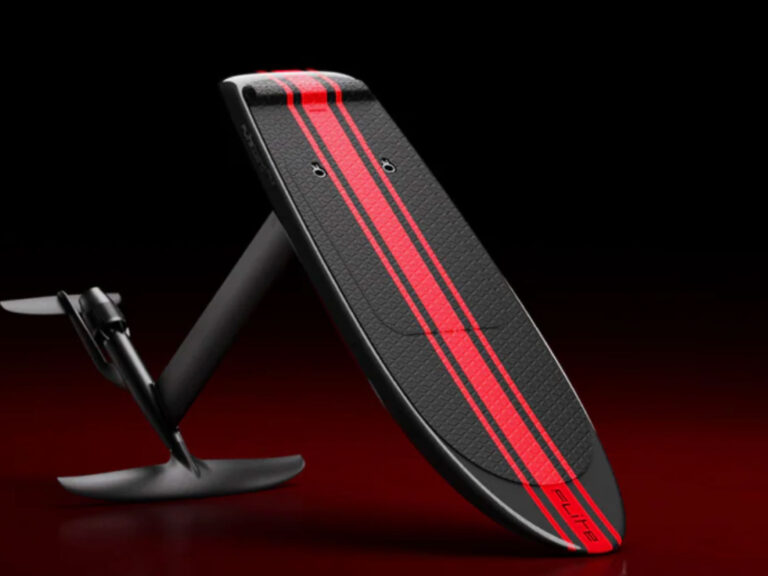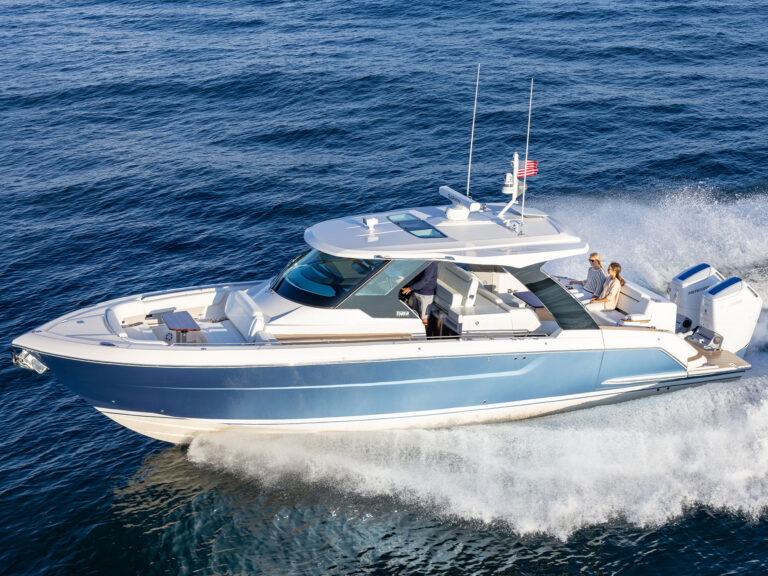Editor’s Note: While this came out of the Coast Guard’s 9th District ( Great Lakes) It Applies to All Boaters
DETROIT — The Coast Guard is reminding boaters to prepare for cold water despite warmer air temperatures.
Although air temperatures are predicted to exceed 80 degrees this week, water temperatures from Lake Huron to Lake Erie are still only in the high 40s and low 50s. Warm and sunny days may lead to an increase of boaters, but water temperatures are still cold.
The Coast Guard urges boaters preparing to get back out on the water this season to take caution and give proper attention to the risks of drowning and hypothermia from being immersed in cold water.
“Even if boaters don’t plan to enter the cold water that still persists throughout the Great Lakes, they should be prepared for emergencies where they might find themselves unexpectedly in the water,” said Cmdr. Robert Berry, chief of response at Coast Guard Sector Detroit. “Have fun and enjoy your day out on the water, but before you go, take the time to think through potential emergency scenarios. Ensure that you’re properly prepared to withstand cold water temperatures and to notify emergency responders if you’re in distress.”
The Coast Guard Urges Boaters to Follow These Cold Water Safety Tips
Always wear a life jacket, and be sure there is one for each passenger on board. Wearing a life jacket can prevent a person from becoming completely submerged if falling into the cold water, and help prevent involuntarily inhaling water from the natural gasp reflex, which can cause drowning. A life jacket can keep you afloat and dramatically increase your chances of survival.
AdvertisementDress appropriately for the water temperatures and not the air temperatures when going out onto the water.
Whether powerboat, sail or paddlecraft, make your on-water activities social. Share where you’re going and when you’ll be back with family and friends; file a floatplan.
Use the buddy system and never go out on the water alone.
AdvertisementWear reflective clothing to make it easier for searchers to spot you if you fall overboard.
Carry and register a Personal Locator Beacon in addition to a VHF-FM marine radio to immediately alert the Coast Guard and local response agencies of potential distress.
“Hypothermia is real, and it can kill you,” said Cmdr. Harry Ko, senior medical officer for the Coast Guard’s Ninth District. “Hypothermia occurs when the core temperature drops below 95 degrees Fahrenheit and can occur in as little as 15 minutes – every organ system is affected. Cold water can cause muscle cramping, increase in heart rate, elevated blood pressure and death. It is important to note that small children and people with preexisting heart conditions are more at risk.”

